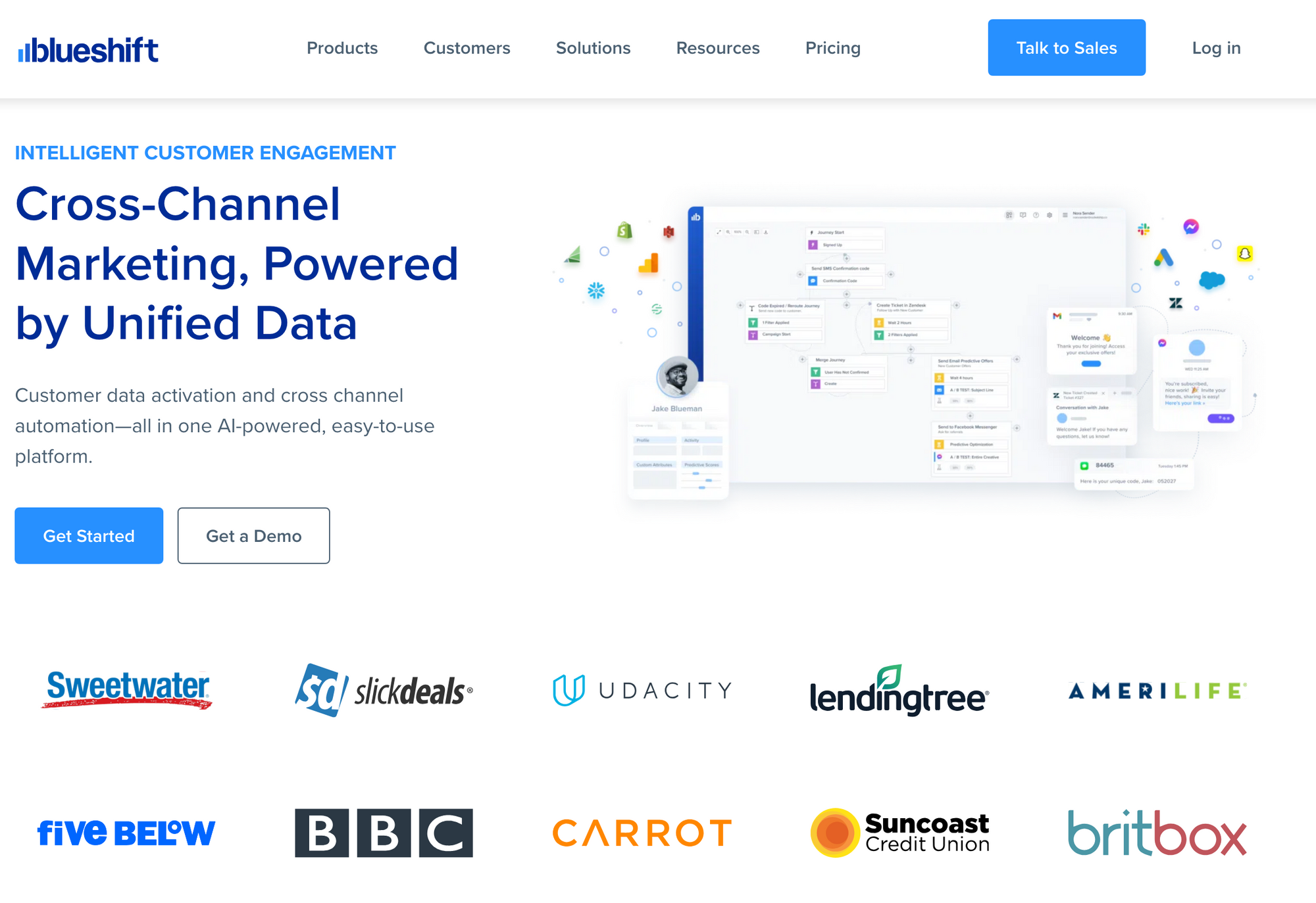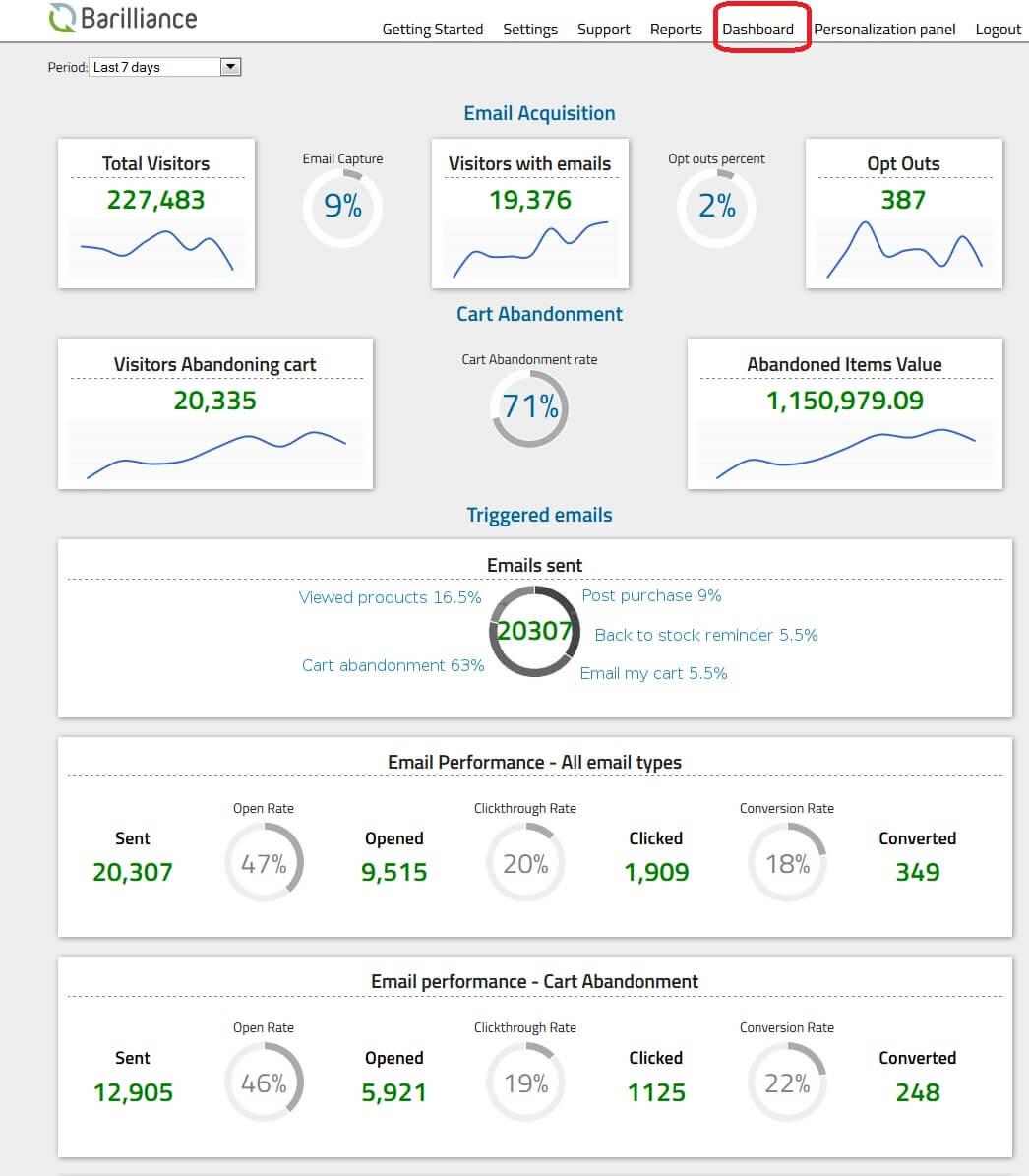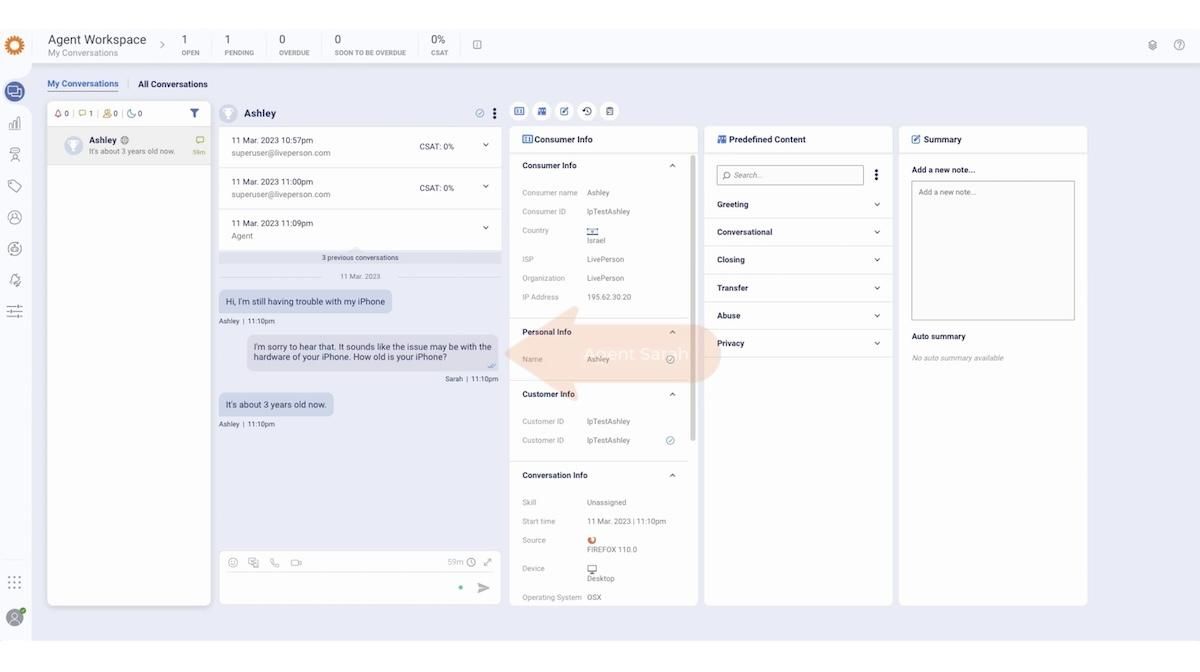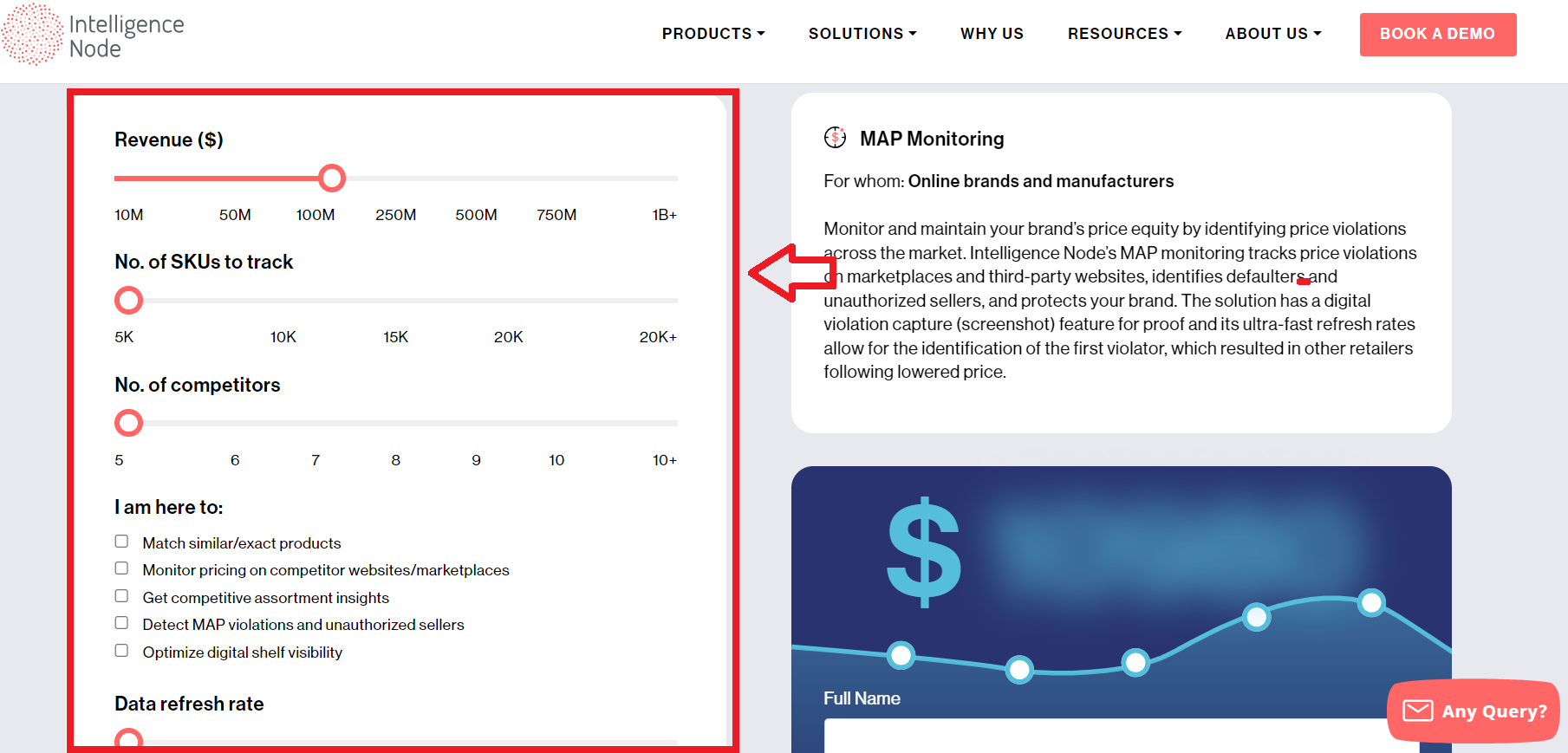Artificial Intelligence (AI) has revolutionized various industries, and ecommerce is no exception. The integration of AI solutions in ecommerce businesses has significantly streamlined operations and provided a competitive edge. In this article, I will explore the benefits of using AI in ecommerce, discuss various AI solutions available, and guide you on how to implement AI effectively to enhance your business.
Benefits of Using AI in Ecommerce
Utilizing AI in ecommerce brings a multitude of benefits. Firstly, AI can enhance customer experience by providing personalized recommendations based on user behavior and preferences. This helps in increasing customer satisfaction and boosting sales. As seen with tools like Blueshift, which optimizes advertising budgets and personalizes customer interactions Additionally, AI-powered chatbots can handle customer queries efficiently, providing round-the-clock customer support.

AI also plays a crucial role in inventory management and supply chain optimization. By analyzing historical data and real-time demand, AI algorithms can predict demand patterns and optimize inventory levels, reducing costs and minimizing stockouts. For example, Orderhive automates inventory processes, streamlining supply chain operations. Furthermore, AI analytics allows ecommerce businesses to leverage data and generate valuable insights for targeted marketing campaigns and business growth.

AI Solutions for Ecommerce Businesses
There are various AI solutions available for ecommerce businesses. One such solution is AI-powered product recommendation engines, like Barilliance. These engines analyze user behavior, purchase history, and similar customer profiles to suggest relevant products, increasing the chances of a successful purchase.

Another useful AI solution is virtual shopping assistants. These assistants use natural language processing and machine learning algorithms to guide customers through the shopping process, answer their queries, and provide personalized recommendations. This enhances the overall shopping experience and improves customer satisfaction. LivePerson is an example of such a tool, enhancing the shopping experience with conversational AI.

Furthermore, AI image recognition technology can be utilized for visual search. By allowing customers to upload images and find similar products, ecommerce businesses can enhance the discovery process and increase conversions.
AI Tools for Ecommerce Optimization
To optimize your ecommerce business with AI, there are several tools available in the market. One prominent tool for dynamic pricing is Intelligence Node, which adjusts prices in real-time based on market trends and customer demand. This software utilizes algorithms to analyze market trends, competitor prices, and customer demand to optimize product pricing. By dynamically adjusting prices, ecommerce businesses can maximize revenue and stay competitive.

Another valuable tool is AI-powered sentiment analysis. This tool helps businesses analyze customer sentiment through social media posts, reviews, and feedback. By understanding customer opinions and emotions, businesses can make data-driven decisions to improve their products and services. Another valuable tool is AI-powered sentiment analysis, like Phrasee, which optimizes content for email and SMS marketing to improve customer engagement.

Moreover, AI-powered chatbots are essential tools for customer service automation. These chatbots can handle a wide range of customer queries, provide instant responses, and escalate complex issues to human agents when required. This not only improves response times but also reduces customer service costs.
AI Writing for Ecommerce: How to Use AI to Improve Product Descriptions
AI writing is a powerful tool that can be utilized to improve product descriptions in ecommerce. With AI-generated content, businesses can create high-quality, engaging, and SEO-friendly product descriptions at scale. AI algorithms can analyze product features, customer reviews, and competitor descriptions to generate unique and persuasive content. Platforms like Jasper offer structured workflows and prompts for content writing, aiding in the creation of compelling product descriptions and ad copy.

To use AI writing effectively, start by selecting a reliable AI writing platform that suits your needs. Next, provide the necessary product information, such as specifications, benefits, and target audience. The AI algorithm will then generate multiple variations of product descriptions. Review and refine these descriptions to ensure they align with your brand voice and accurately represent your products.
Implementing AI for Ecommerce: Step-by-Step Guide
Implementing AI in your ecommerce business requires careful planning and execution. Here is a step-by-step guide to help you effectively integrate AI solutions:
- Identify pain points
Assess your current business operations and identify areas where AI can add value, such as customer service, inventory management, or personalized marketing.
- Research AI solutions
Explore the market for AI solutions that align with your business needs. Consider factors like cost, scalability, and ease of integration.
- Select and customize AI tools
Choose the AI tools that best suit your requirements and customize them to fit your business processes. Ensure they seamlessly integrate with your existing systems.
- Collect and prepare data
AI algorithms require data to train and make accurate predictions. Collect relevant data from various sources and ensure it is clean and organized.
- Train AI models
Use the collected data to train your AI models. This step is crucial to ensure accurate and reliable results.
- Implement and test
Integrate the AI solutions into your ecommerce platform and thoroughly test their performance. Make necessary adjustments and optimizations based on the results.
- Monitor and optimize
Continuously monitor the performance of your AI systems and make improvements as required. Regularly update your AI models to adapt to evolving customer preferences and market trends.
AI-Powered Customer Service in Ecommerce
AI-powered customer service, through chatbots like LivePerson and Octane AI, is revolutionizing the ecommerce industry, providing instant and accurate responses and handling multiple customer interactions simultaneously. Chatbots and virtual assistants can handle a wide range of customer queries, providing instant and accurate responses. These AI-powered agents can handle multiple customer interactions simultaneously, ensuring prompt and efficient customer support.

Additionally, AI-powered sentiment analysis tools can monitor and analyze customer feedback, reviews, and social media posts. By understanding customer sentiment, businesses can identify areas for improvement and proactively address customer concerns.
AI for Inventory Management and Supply Chain Optimization
Effective inventory management is crucial for ecommerce businesses to meet customer demand while minimizing costs. Orderhive and StockTrim use AI algorithms to analyze historical sales data, market trends, and other factors to predict demand accurately.
AI-driven personalization in Ecommerce
Personalization is key to enhancing the customer experience in ecommerce. Blueshift and Barilliance serve as examples of how AI-driven personalization enhances the customer shopping experience by analyzing behavior and preferences to provide tailored product recommendations. This helps in increasing customer engagement, improving conversion rates, and fostering customer loyalty.
AI Analytics for Ecommerce: Leveraging Data for Business Growth
Data is a valuable asset for ecommerce businesses. AI analytics tools can process large volumes of data and generate actionable insights. By analyzing customer behavior, market trends, and sales patterns, businesses can make data-driven decisions to optimize marketing campaigns, improve product offerings, and drive business growth. DataHawk processes large volumes of data to generate actionable insights, aiding in strategic decision-making to drive business growth.
Overcoming Challenges in Implementing AI in Ecommerce
Implementing AI in ecommerce comes with its own set of challenges. Some common challenges include:
- Data quality and availability: AI algorithms require clean and relevant data to provide accurate results. Ensuring the quality and availability of data can be a challenge, especially for businesses with limited data resources.
- Integration with existing systems: Integrating AI solutions with existing ecommerce platforms and systems can be complex and time-consuming. It is essential to choose AI tools that seamlessly integrate with your current infrastructure.
- Cost and scalability: AI implementation can be costly, especially for small and medium-sized businesses. Additionally, ensuring scalability as your business grows can be a challenge.
- Ethical considerations: AI implementation raises ethical concerns, such as data privacy and algorithm bias. It is crucial to address these concerns and ensure ethical AI practices within your organization.
Conclusion: Embracing AI to Stay Ahead in the Ecommerce Industry
In conclusion, AI solutions offer immense potential for ecommerce businesses to streamline their operations and gain a competitive edge. By leveraging AI tools for personalized recommendations, inventory management, and customer service, businesses can enhance customer experience, optimize operations, and drive business growth. While implementing AI may come with challenges, the benefits outweigh the efforts. Embrace AI in your ecommerce business to stay ahead in the industry and unlock new opportunities for success.
Explore AI solutions, customize them to fit your business needs, and streamline your operations.



